Writing: Fiction
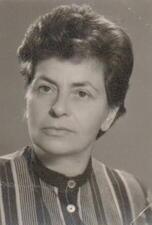
Sarah Shner-Nishmit
Polish author and historian Sarah Shner-Nishmit traveled constantly to evade capture during World War II, working at a labor camp and joining a partisan group. Shner made aliyah in 1947 and subsequently began her writing career, which included children’s books and historical research. She also helped found Kibbutz Lohamei ha-Getta’ot, where she lived until her death.
Viola Brothers Shore
Viola Brothers Shore was an accomplished writer, poet, and screenwriter during the 1920s and 1930s. In addition to writing for numerous publications, she wrote silent movie titles and original stories for many films and won awards for her may mystery stories.

Wilma Shore
Wilma Shore was a writer and teacher most active between the 1940s and the 1960s. She lived at various times in Los Angeles and New York City, settling finally in New York City. Involved with left-wing political activity, she and her husband were blacklisted during the House Committee on Un-American Activities hearings.
Rose Shoshana
Rose Shoshana began her acting career in the Yiddish theater world, playing Manke in Got fun Nekome in 1908. She went on to perform across Europe, America, and Asia. When she arrived in New York in 1946, she began a career as a novelist, writer, translator, and journalist at the Forverts.
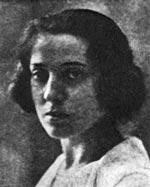
Fradel Shtok
Fradel Shtok’s Yiddish poetry and prose is distinctive for its treatment of the inner sensual lives of Jewish women. Although she showed great promise as writer, she was discouraged by the unenthusiastic reception of her work by leading critics and withdrew from the literary scene after publishing only one collection of short fiction in 1919. A number of Shtok’s poems appeared in American Yiddish literary journals and anthologies, but no collection of her poetry ever appeared.
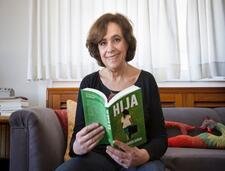
Ana María Shua
Ana María Shua is an Argentine writer and screen writer who is internationally known as a specialist in short stories, in particular micro fiction tales, which are stories of just two or three lines of extension. She is well known in the Hispanic world as the Queen of the Microstory and employs her writing to narrate various aspects of the Jewish experience.
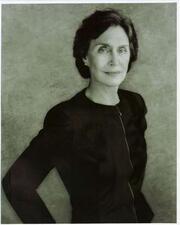
Alix Kates Shulman
Alix Kates Shulman is a radical feminist writer and activist and a leader in the second-wave feminist movement of the 1960s through 1980s. She is best known as the author of “The Marriage Agreement” (1970) and the best-selling Memoirs of an Ex-Prom Queen (1972), which was heralded as the “first important novel of the Women’s Liberation movement.” She was honored with a Clara Lemlich Award for a lifetime of social activism in 2018.
Dora Shulner
Dora Shulner was a Yiddish writer who vividly evoked for her readers life in the Pale of Settlement before, during, and after the Russian Revolution and Civil War. She candidly portrayed women in their most intimate relationships with men, revealing the complexity of their disappointments and aspirations.
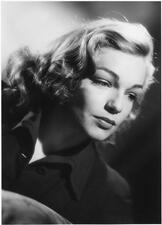
Simone Signoret
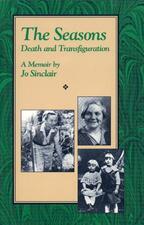
Jo Sinclair
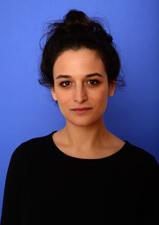
Jenny Slate
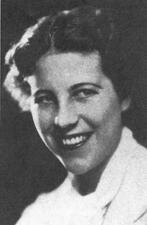
Tess Slesinger
Novelist and Hollywood screenwriter Tess Slesinger was born in New York on July 16, 1905. She published several works, including: The Unpossessedand Time: The Present. Slesinger died of cancer at age thirty-nine before the premiere of one of her final works, the acclaimed A Tree Grows in Brooklyn.
Chava Slucka-Kesten
Chava Slucka-Kesten started teaching in Warsaw before World War II and continued her career through the war in Moscow. After the war she became an author and sustained her political involvement. Writing from the perspective of a politically engaged woman, Slucka-Kesten offers a unique glimpse into pre- and post-war Jewish life in Poland’s cities and villages, as well as into the early years of the State of Israel.
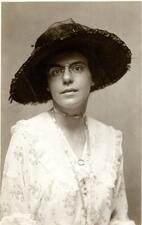
Emily Solis-Cohen
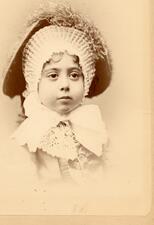
Judith Solis-Cohen
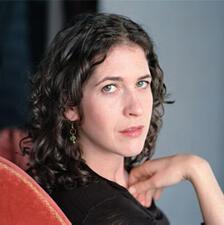
Anna Solomon

Susan Sontag
Susan Sontag was one of the most prominent American writers of the twentieth century. Her work across cultural criticism, fiction, drama, and film, as well as her public persona, made her an icon of the New York intelligentsia whose writing on photography, illness, and art continually inspire engagement and debate.
Muriel Spark
Muriel Spark was a Scottish-Jewish novelist, short story writer, literary critic, poet, editor, and essayist. While many critics marginalize Spark as a “Catholic writer,” it is clear that the wit, intelligence and subversiveness of her fiction are driven not by an unchanging morality but by a radical singularity.
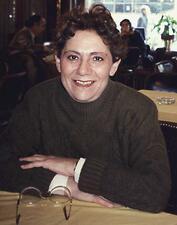
Alicia Steimberg
Fiction writer Alicia Steimberg (Buenos Aires, Argentina, 1933-2012) garnered important literary prizes. Her work as a translator was awarded by the Konex Foundation and she served the government as Director of Books of the Secretariat of Culture.
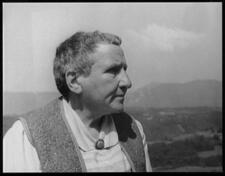
Gertrude Stein
Jewish Gender Stereotypes in the United States
Stereotypes of Jews have existed from their arrival in the New World to the present. Jews were portrayed as greedy, unscrupulous, and unrefined. However, Jews also created stereotypes about one another based on class, gender, and religion. Specifically, the Ghetto Girl, Jewish Mother, JAP, and others reflected tensions between genders about the place of Jews in the economy and culture.
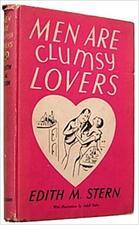
Edith Mendel Stern
A prolific writer as well as an activist in the mental health field, Edith Stern authored four novels and many guides for laypeople on the subjects of mental illness, aging, and differently abled children.
Elizabeth Stern
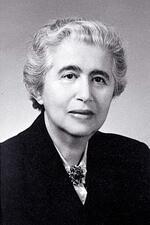
Selma Stern-Taeubler
Originally a historian and researcher in Heidelberg and Berlin, Selma Stern-Taeubler settled at the Hebrew Union College in Cincinatti after fleeing Nazi Germany. She became the first archivist of the American Jewish Archives at the college and later wrote books of fiction and nonfiction. Despite her contributions to Jewish history, American-Jewish academe has largely undervalued Stern-Taeubler’s work, which continued until her death in 1981.
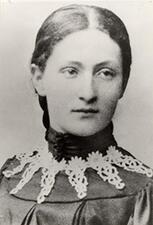
Rahel Straus
Rahel Goitein Straus, a pioneering woman medical doctor trained in Germany, was a model “New Jewish Woman” of the early-20th century. Successfully combining a career as a physician with marriage and motherhood, she committed herself to Jewish and feminist causes and organizations throughout her life, while also embracing Zionist ideals.


